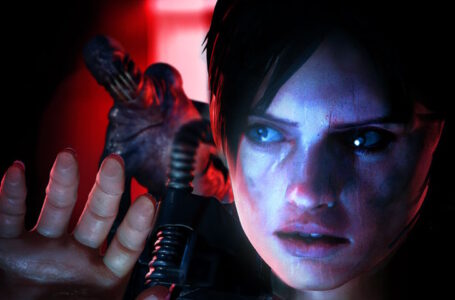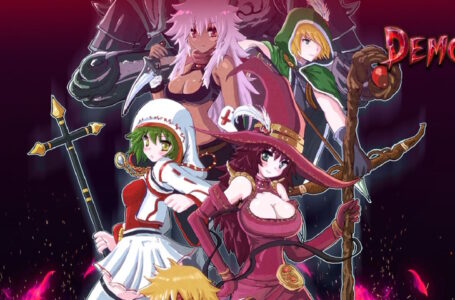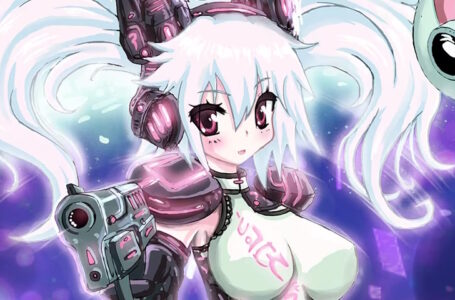Xbox backward compatibility is a lie
One of the most consistently praised things about the last couple of generations of Microsoft gaming hardware is the Xbox Backward Compatibility program. Through this, we’re told, we’re able to play several generations of Xbox titles on today’s consoles — in theory making the current Xbox Series X and Xbox Series S consoles some sort of “super Xbox” that can play four generations’ worth of video games.
Except it doesn’t actually work like that.
True backward compatibility is what the PlayStation 2 (and, to a certain extent, the PlayStation 3) offers: you pop in the disc for a game from a previous generation and it just plays as if you’d put it into the original console it was designed for.
This works almost flawlessly on the PlayStation 2, with only a handful of PS1 games demonstrating sporadic compatibility issues, and works very well on PlayStation 3 also — though sadly some of the most beloved PS1 games (Ape Escape being a prime example) have a bit of trouble, and only the earliest models of PS3 support PS2 games.
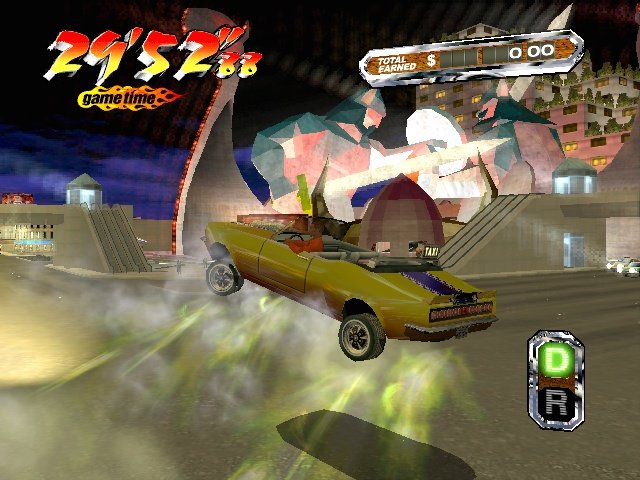
With Xbox Backward Compatibility, though, you can’t just put any old disc into your console and play it. The reason behind this is the way in which “Xbox Backward Compatibility” works: rather than actually playing the game from the disc as the original Xbox and Xbox 360 consoles did, Xbox One and Xbox Series consoles instead use the original disc as a “key” to prove your ownership of the game, and then download an updated Xbox One and/or Xbox Series-compatible version of the game from the Internet, which can then be run on the new hardware.
These updated versions include the much-vaunted performance and graphical enhancements which allow classic games to be run in higher resolution and at better frame rates than their original incarnations.
Now, all this is pretty cool to a certain extent; the fact that certain parts of Microsoft’s back catalogue are being made accessible for new generations is great, particularly since a title being added to Xbox Backward Compatibility also coincides with it becoming available for digital purchase on the newer consoles. But you can hopefully see a fairly major issue with this way of doing things.
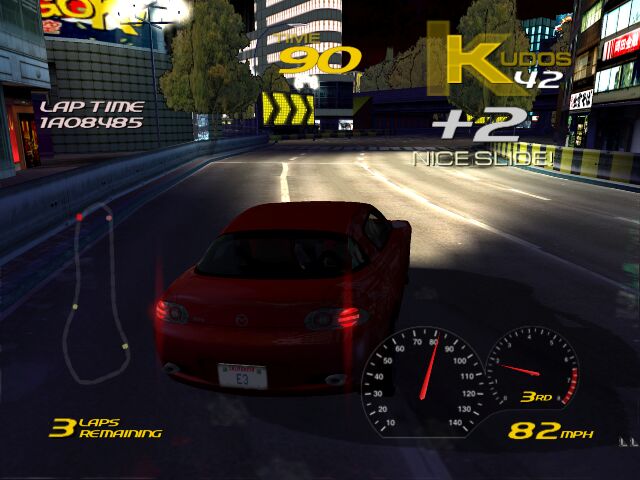
The Xbox One and Xbox Series consoles are not truly “backward compatible” because if and when the Xbox servers go down — or if the “backward compatible” Xbox games are removed from digital sale for whatever reason — you will no longer be able to play them. Likewise, if you do not have an Internet connection on your Xbox One or Xbox Series console, you will not be able to take advantage of Xbox Backward Compatibility due to the way it works.
In other words, while you can pick up a PS2 and an armful of PS1 games today and be able to play them right away, this emphatically is not true for the Xbox One and Xbox Series consoles.
This is a huge nightmare from a preservation perspective — and this isn’t even getting into the fact that what Microsoft has quietly confirmed is the final Xbox Backward Compatibility update still leaves a significant number of original Xbox and Xbox games in particular stranded on their original platform.
Want to play Crazy Taxi 3, Jet Set Radio Future, Crimson Sea, Dungeons and Dragons: Heroes, Midtown Madness 3, OutRun 2, Yager? Better buy yourself an OG Xbox and hope you get one of the ones with a good disc drive! Want to play the classic Project Gotham games — racers that defined two generations of Xbox gaming, both offline and online? You’ll still need to nab yourself a 360.
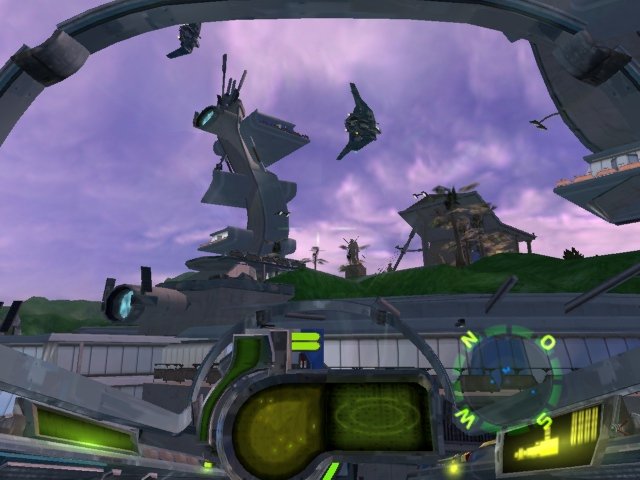
There’s another issue worth raising when it comes to Xbox Backward Compatibility, and that is the question of why no-one seems to have mentioned these concerns before — or if they have, why no-one seems to have really taken them all that seriously.
Instead, both press and public alike have been seemingly blinded by Microsoft’s supposed “consumer-friendliness” with initiatives like Xbox Backward Compatibility and Game Pass, and have failed to consider the long-term implications of such programmes.
When Xbox Backward Compatibility was first announced, here’s how the conversation should have gone:
Xbox: Today we’re announcing Xbox Backward Compatibility, allowing you to play your favourite classic Xbox games on new generations of Xbox hardware!
Press: Great! How does it work?
Xbox: Well, you put your original disc in your new Xbox console and it downloads the ga–
Press: Wait wait wait. Downloads? Why doesn’t it just use the files on the disc?
Xbox: Well, because they’re not compa– oh.
Instead, here’s how it actually went:
Xbox: Today we’re announcing Xbox Backward Compatibility, allowing you to play your favourite classic Xbox games on new generations of Xbox hardware!
Press: SHUT UP AND TAKE MY MONEY! Teehee!
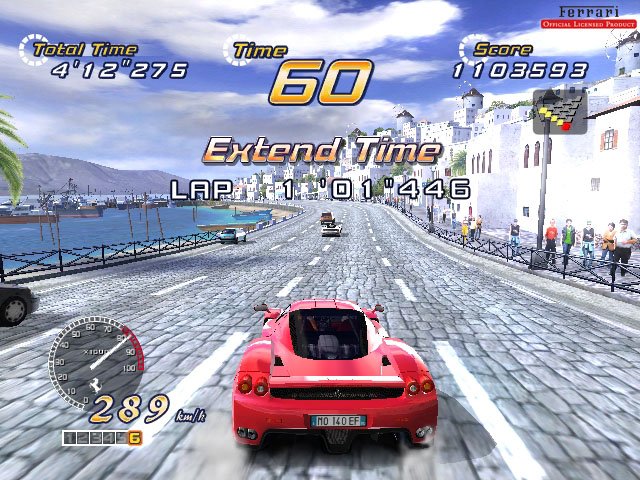
To clarify: although the latest Xbox Backward Compatibility update includes “70+” Xbox 360 and original Xbox games, including some oft-requested titles such as the Max Payne series, the excellent F.E.A.R. horror first-person shooters, the entire Skate franchise plus oft-overlooked FromSoftware classic Otogi, this is the last update to the Xbox Backward Compatibility program.
“While we continue to stay focused on preserving and enhancing the art form of games,” Microsoft’s post reads, “we have reached the limit of our ability to bring new games to the catalogue from the past due to licensing, legal and technical constraints.”
You can bet “licensing” and “legal” make up the bulk of those “constraints” — particularly when it comes to soundtracks and the use of real-world vehicles, weapons and actor likenesses.
So as always, your best bet if you want to play old games completely reliably is still to get the hardware for which they were originally designed. Ain’t nothing other than an ageing DVD drive gonna stop you from playing Crazy Taxi 3 as God intended!
You can find the full — and final — list of Xbox Backward Compatibility games here.
Join The Discussion
Rice Digital Discord
Rice Digital Twitter
Rice Digital Facebook
Or write us a letter for the Rice Digital Friday Letters Page by clicking here!
Disclosure: Some links in this article may be affiliate links, which means we may earn a small commission if you make a purchase after clicking on them. This is at no additional cost to you and helps support Rice Digital!
- Letter from the Editor: passing the torch - June 30, 2023
- Super Woden GP 2 is looking promising - June 30, 2023
- Inti Creates is making a 32 bit-style Love Live action platformer - June 26, 2023




